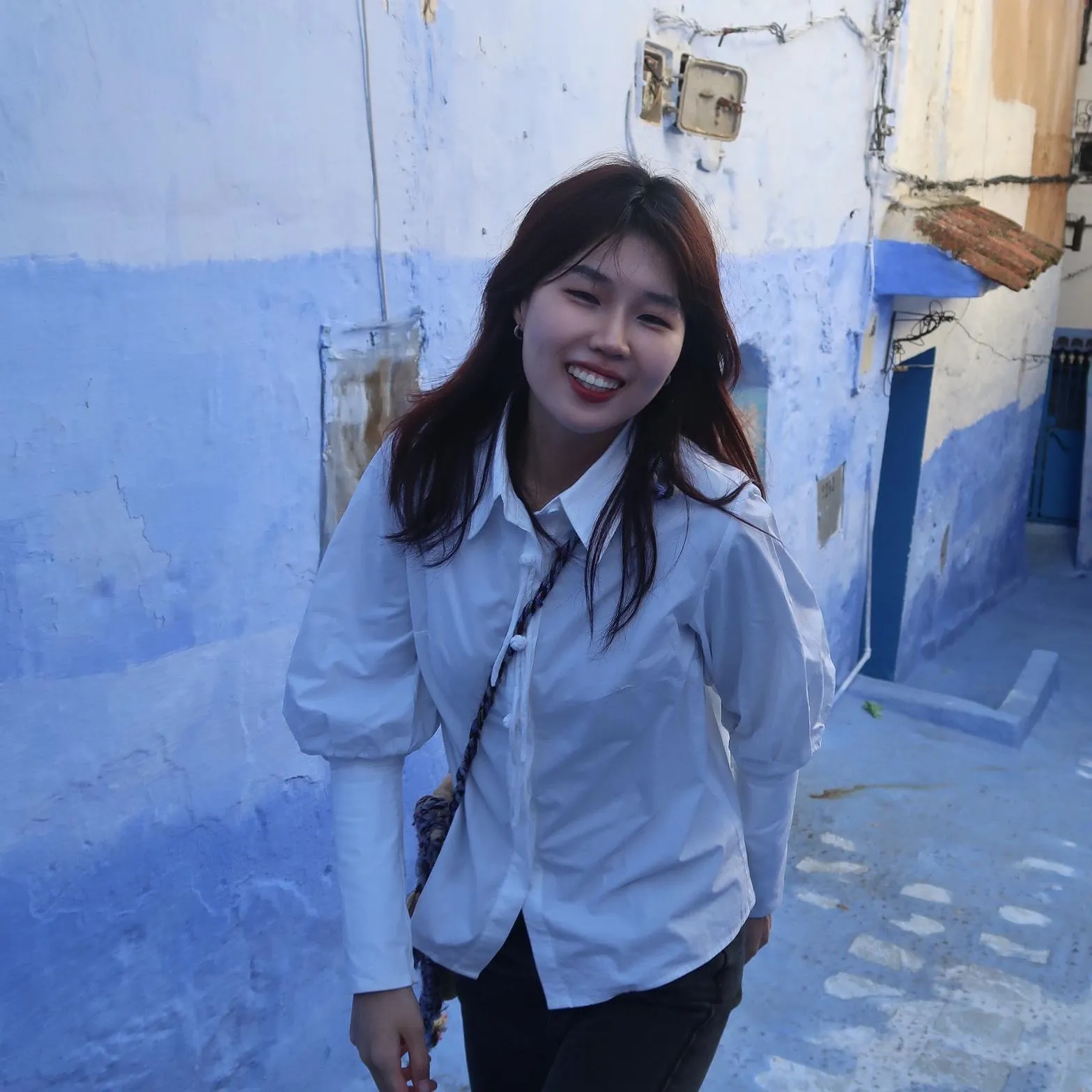The MA Education in Arts & Cultural Settings is designed for both applicants with some relevant work experience as well as for applicants who aspire to work within education, learning and participation in arts and cultural organisations and related sectors. It offers an interdisciplinary study programme designed to provide students with theoretical and practical knowledge relevant to education, learning and participatory approaches in art organisations.
It is poised between theory and practice, as it aims to provide participants with knowledge and understanding of theoretical approaches as well as practical understanding and critical awareness about the approaches, work techniques and challenges pertaining to the conception, design, management and delivery of effective educational activities and programmes within arts and cultural settings.
The MA benefits from valuable contributions from a diverse range of London-based partner art organisations, which is also useful for our students’ professional networking in the sector. The teaching and learning benefits from diverse and dynamic pedagogical approaches that encourage student engagement and interactive learning.
Location
This course is primarily taught at the King’s College London Waterloo Campus
If students opt for the internship module, they will also complete a placement in an art/cultural organisation.
Please note that locations are determined by where each module is taught and may vary depending on the optional module you select.
We will use a delivery method that will ensure students have a rich, exciting experience from the start. Face to face teaching will be complemented and supported with innovative technology so that students also experience elements of digital learning and assessment.



